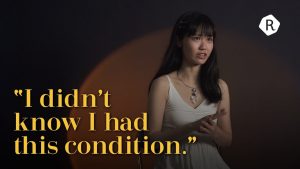All images by Isaiah Chua for RICE Media
Teen pregnancy. Syphilis. Herpes. If you went through the typical sex-ed lessons in school, you’ll probably remember being threatened with horror stories. Often in the form of dramatised video clips; always about the dangers of not practising abstinence.
You know the ones. Those awkwardly-scripted reenactments where a night of unprotected sex snowballs (quite suddenly) into a sexually transmitted disease (STD) or infection (STI). The moral of the story every time? Wait till marriage, you horndogs.
For many, this taboo on sex and sexual health simply becomes something we have to unlearn when we grow up, meet people, and invariably, have sex.
But in the case of 25-year-old Calvin Tan, it’s something he’s had to confront firsthand as a teenager.
You see, Calvin has been living with human immunodeficiency virus (HIV) for the past six years. He’s also the youngest Singaporean openly living with it.
Of First Dates and Tough Conversations
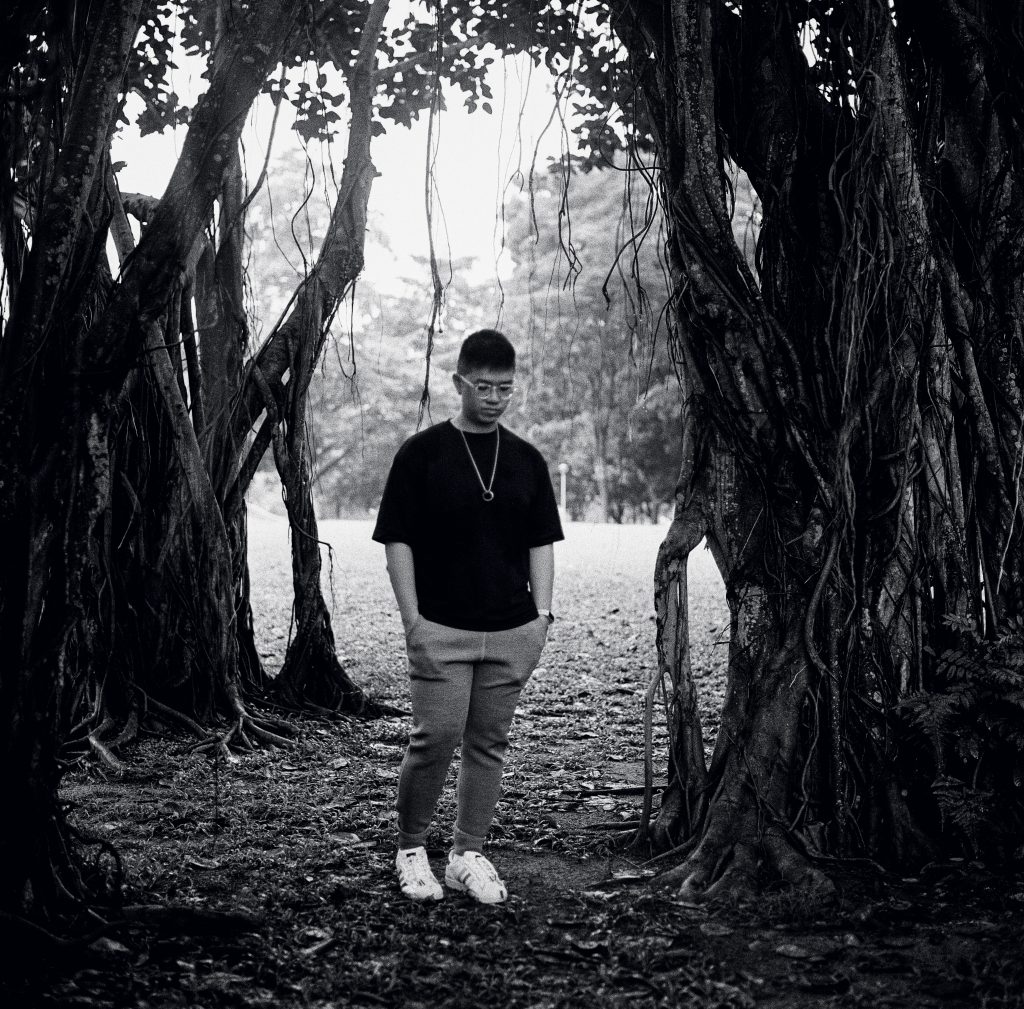
Calvin was 19 when he was hit with a headache that developed into a mysterious month-long fever. Having engaged in unprotected sex regularly, he connected the dots and went to get tested for the virus.
The reality of his condition didn’t sink in until he received the positive result, he says.
“I do remember feeling that I had let myself down. Because it was something that could have been prevented.”
What followed was a frenzy of bi-weekly doctor’s appointments and antiretroviral medication before he finally reached an undetectable viral load. This means the number of HIV particles in his blood is so small that it cannot be transmitted to others via sex.
Yes, people living with HIV (PLHIV) can, in fact, have perfectly regular sex lives — a fact that isn’t as widely known as it should be, despite the birth of the U=U movement in 2016. Of course, they are still encouraged to use condoms to remain protected against other STIs, like chlamydia, gonorrhoea or syphilis.
The inevitable life change for Calvin involves medication — a daily routine that consists of a concoction comprising Edurant and a generic version of Truvada, consumed every 24 hours.
But besides that, he leads what most would consider a ‘regular’ life: dating (he’s on all the apps), a regular job, and a penchant for clubbing, which has since dampened due to Covid.
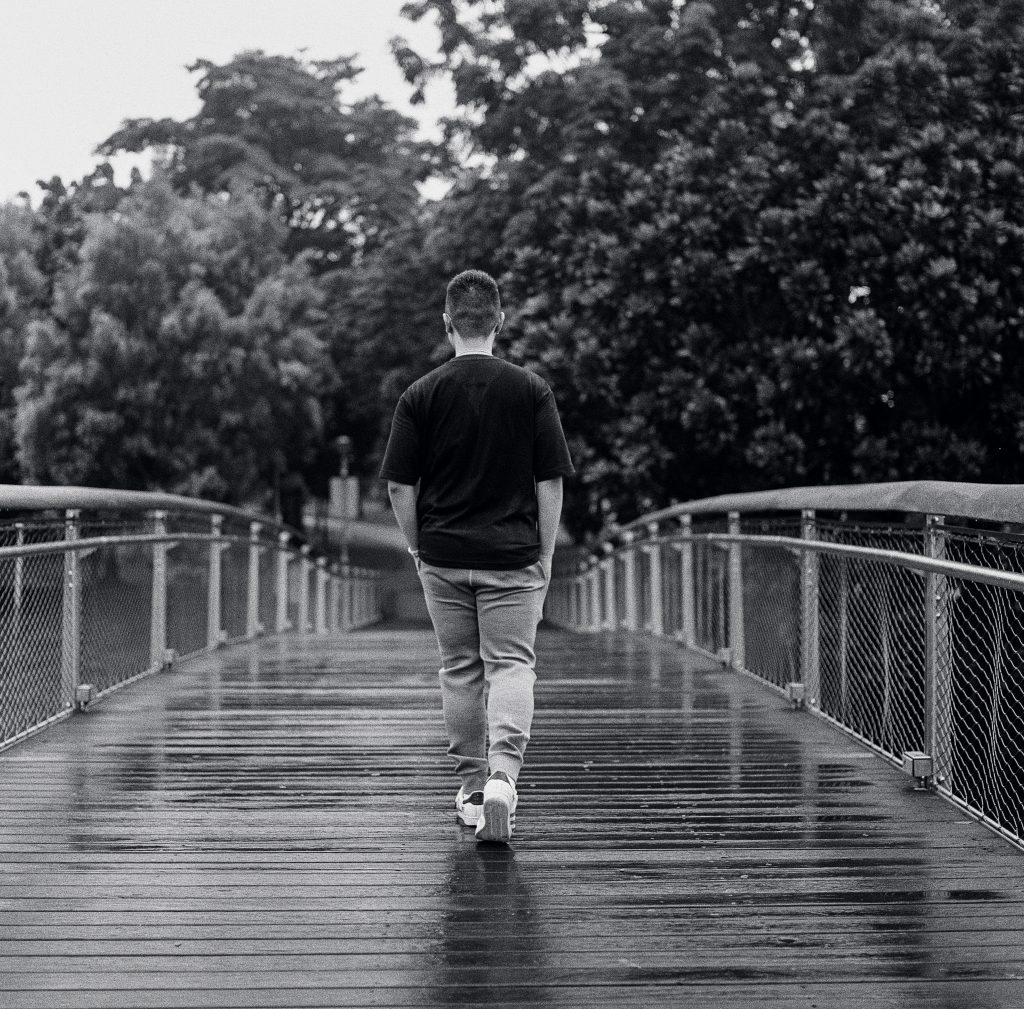
From texting back within 24 hours to steering clear of talk on ex-lovers, there are too many arbitrary rules to count when it comes to the game of love. Throw a lifelong condition fraught with stigma into the mix and you end up with dates that derail into Q&A sessions, Calvin tells me with a slight air of weariness.
As someone who needs to meet his dates in-person to suss them out, Calvin says he used to save the topic of his HIV diagnosis for the first date — something he started doing after mentions of his condition in the messaging stage often end with him getting ghosted.
But dropping the bomb on the first date has its downsides too.
“Instead of it being a date, where they kind of know me as a person, they want to know more about the virus because there’s not much information around at least online that they can access,” he says.

The first question he always gets: “How did you get it?”
The problem with that question is that it’s usually “very triggering” for many PLHIV, he says, explaining that it can be traumatic to relive.
And when his ‘sharing session’ is over, more often than not, his date will propose being just friends instead.
He rolls his eyes and scoffs, “Fine, whatever. You’ll be on my D-tier of friends!”
While most of his dates end amicably, he’s had one negative experience that sticks out, he reveals.
While in the car with a date, he brought up his condition. He’d expected the usual questions but what happened next was more alarming than annoying — they nearly swerved off the road, he recounts.
Needless to say, the date ended abruptly, with his partner making a U-turn and dropping him off at home.
He never heard from the date again after that day, Calvin says with an air of someone who’s all too used to rejection.
Intolerance or Ignorance?
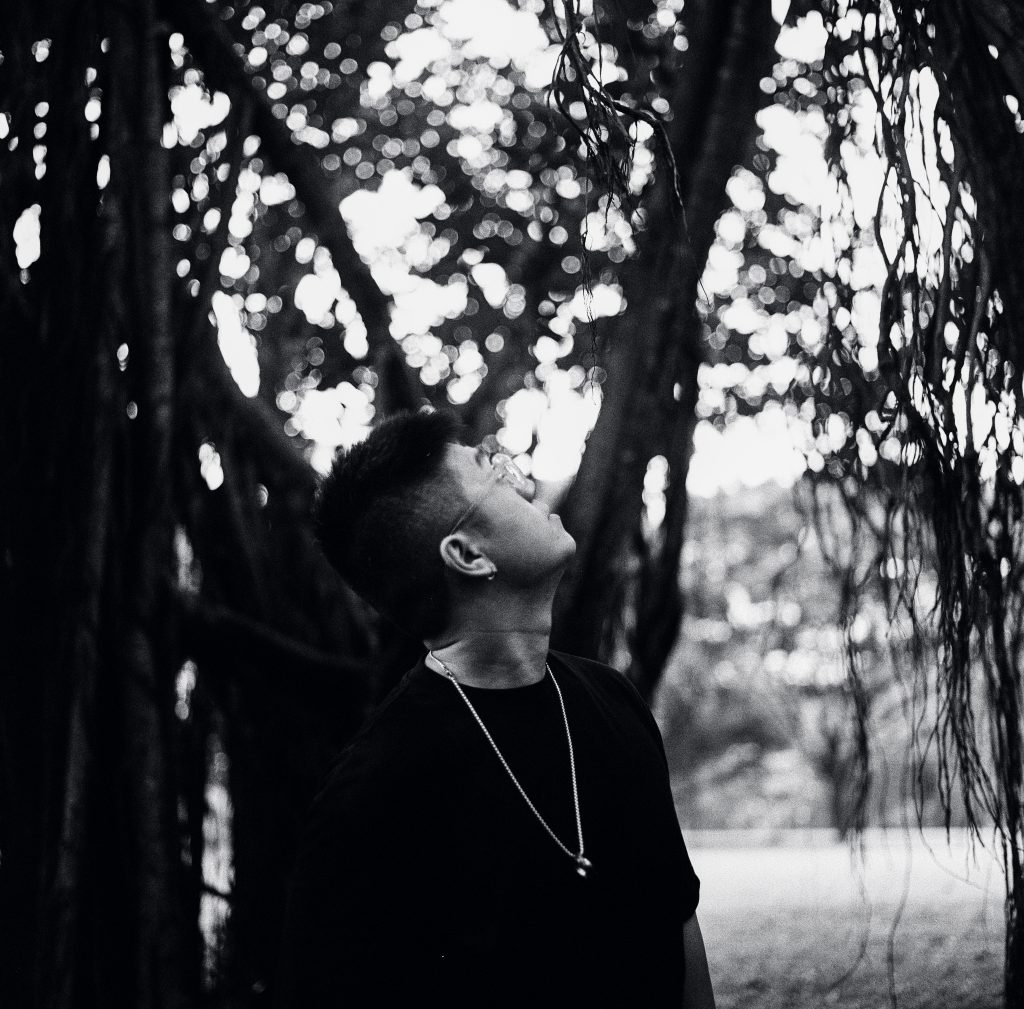
In nearly all aspects — sexual orientation notwithstanding — Calvin is straight as an arrow. It’s our first time meeting but here he is, telling me that his biggest gripe with pandemic dating is how masks ruin that amazing first kiss moment. Doing it with masks on just doesn’t hit the same, he says.
Even while tackling thorny topics like prejudice, he remains upbeat, peppering his anecdotes with humour and a generous serving of sass. His candour prompts me to share my own volition that I, too, have seen misinformation about HIV play out within my own family after they learnt of a relative’s diagnosis — something even my closest friends and my partner of eight years are unaware of.
From refusals to share food, to treating PLHIV as ‘dirty’, I’ve seen first-hand the rampant ignorance about the condition.
Calvin concurs, sharing that he has had schoolmates assume they would contract HIV simply by touching him. Surprisingly, he even experienced this with people he had thought were liberal and progressive. He contends that despite being hurtful, these people aren’t malicious. It’s simply a lack of education and awareness, he says.
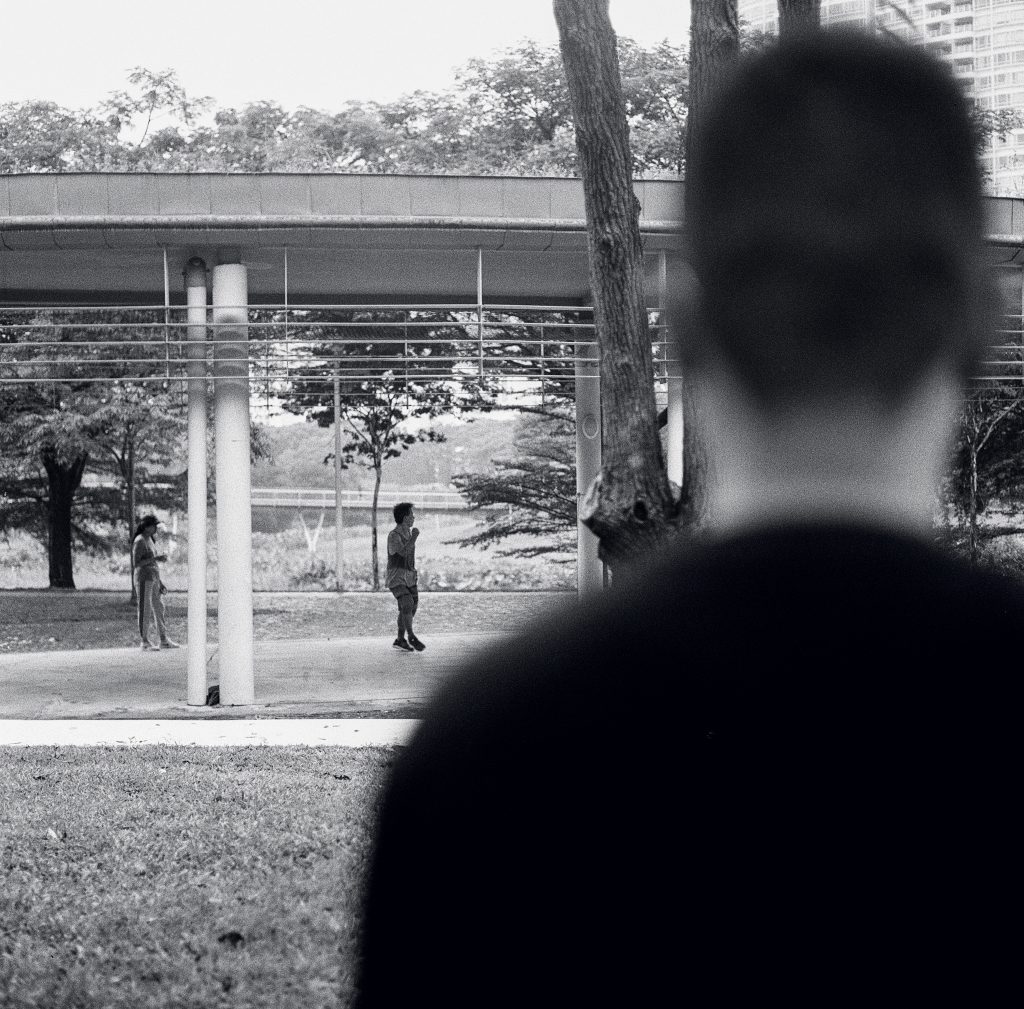
But as he’s gotten more comfortable with his diagnosis, he says the rejection doesn’t bother him anymore. If anything, his condition serves as a filter to weed out people who aren’t worth his time.
Rather than seeking a companion to accept him because he himself was still struggling to do the same, he’s come to terms with the fact that he is complete, even when alone.
“You know, gotta love myself first before I love anyone else,” he concludes, laughing as I clock the subtle RuPaul reference.
Now, he says he only brings his condition up if the conversation naturally calls for it, for example if the topic of National Service and his exemption comes up, and it’s made a world of difference in his dates.
To him, it’s simply a matter of not wanting to dominate the conversation with what he calls this “very huge, significant thing”. At the same time, it’s obvious that he wishes that his condition didn’t have to be such a big deal in the first place.
“But aren’t you forced to bring it up either way since there’s a law mandating PLHIV to disclose their status to sexual partners?” I ask, referencing Section 23 of the Infectious Diseases Act.
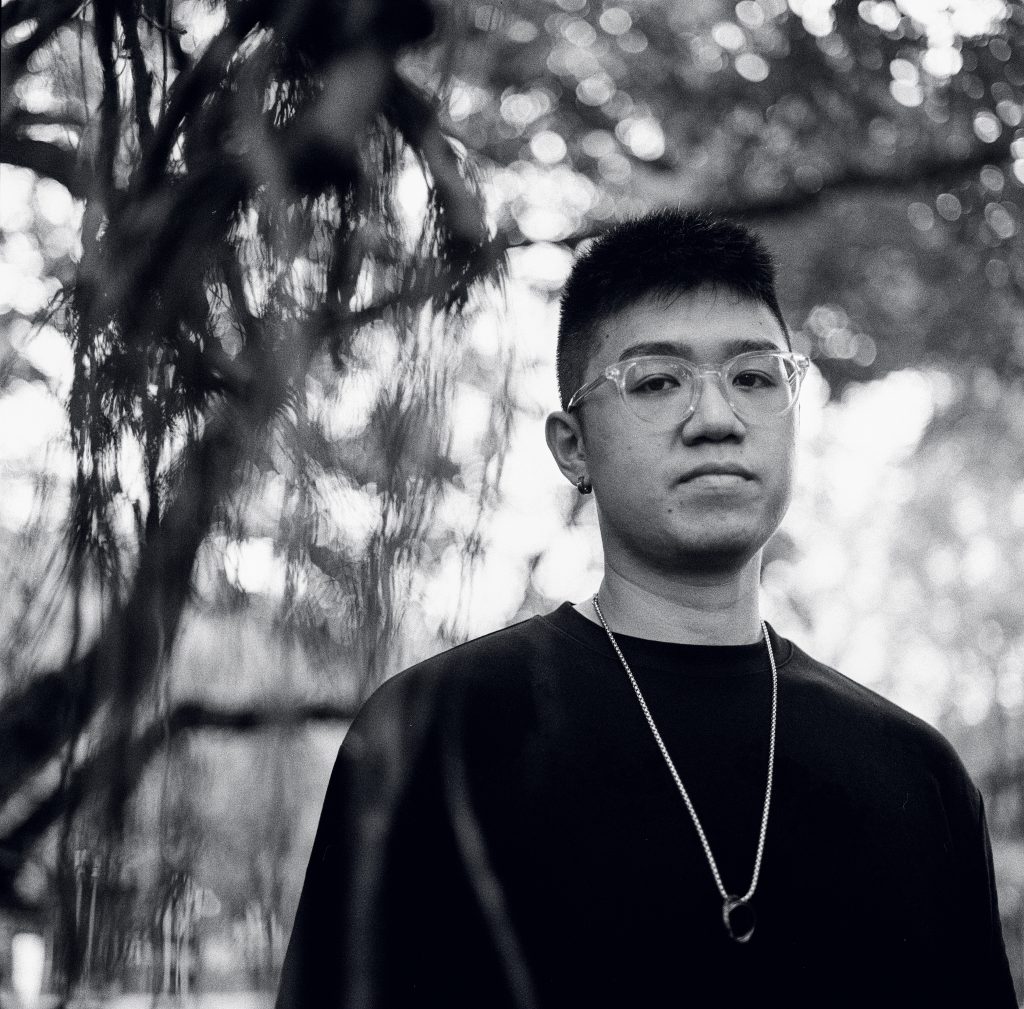
It seems to be a delicate topic. Calvin starts and stops his sentences several times in an attempt to find the right words. He eventually tells me that it’s a grey area for people like him with undetectable viral loads.
“If I’m already taking precautions to make sure that there’s no risk, then what’s the point in me disclosing in the first place?”
His experience isn’t unique — he says other PLHIV in his circle have had experiences in a similar vein, with dates remaining cordial on the surface but ghosting them afterwards.
Many prospective partners refuse to believe that their undetectable viral loads mean that sex without transmission is possible, even when faced with actual scientific papers.
“I’ve had to send them the link to the articles. And they still say, ‘You sure or not!’” Calvin adds.
On the rare chance that things do progress to the bedroom, he says that he’s learnt from the blunders of his teenage years and can’t emphasise the benefits of regular STI and STD testing enough, as well as using a condom when the occasion calls for it.
He’s candid when he recounts how he started off using condoms in his pre-HIV days. But when one sexual partner suggested doing the deed unprotected, he agreed and “got hooked”.
“It was kind of like a sex addiction… I wanted to have the same feeling, even if it was with other people.”
With sex being a taboo topic and a lack of conversations around sex-ed back then, Calvin explains that he wasn’t fully aware of all the risks he was taking.
“I can remember the only sex-ed in P5,” he tells me, cracking up.
“The teacher was trying to say the word penis, or ‘pen-is’, and we were all just laughing at that.”
Part of this stems from the fact that so much of the conversation in Singapore revolves around sex as a tool for procreation and nothing else, Calvin muses. In his schooling days, nobody was talking about staying safe while hooking up.
“It was all, ‘Oh you have sex, you’re dirty,’” he parrots.
“Well, there’s nothing special about being a virgin.”
Now a full-time programme coordinator with Action for AIDS Singapore (AFA), Calvin has drawn on his own struggles and triumphs to become a prominent voice in the local queer community. The reason is simple — he wants to ensure that other young people don’t make the same mistakes as him.
Ever the pragmatist, he quips: “Like, it’s either three to four dollars of condoms versus up to thousands of dollars for medication.”
I ask if he’s experienced any backlash for his decision to go public, and expectedly, he defaults to humour.
Citing one Facebook group that reposted a Mothership article on him and proclaimed him as a “sexual deviant”, he waves off the vitriol.
“I wanted to be offended,” he snorts. Digging up a screenshot, he points out how the hate group actually colour coded their text to match the colours of the red ribbon statue behind him.
“You’re spending so much effort on someone that you don’t know. I feel honoured, man.”
Breaking the HIV Silence
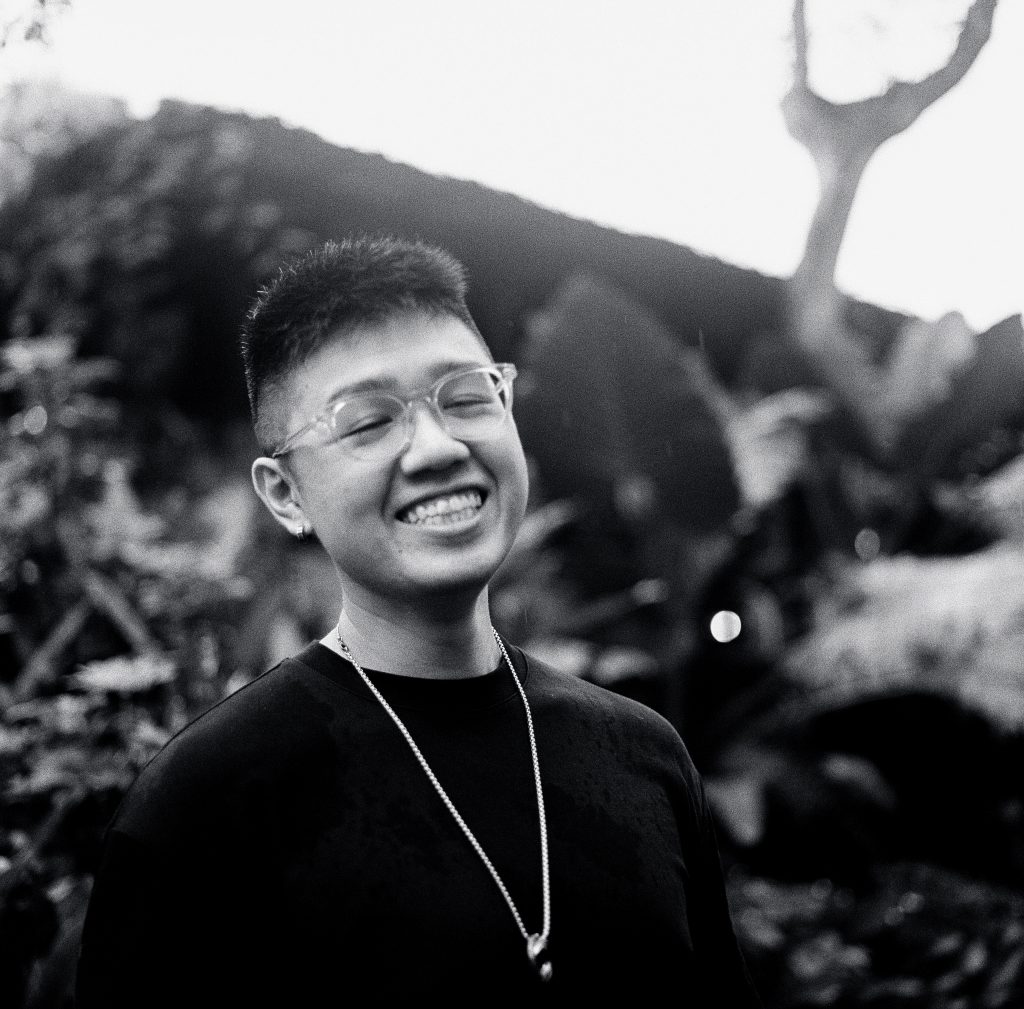
Beyond the topic of STDs and STIs, many are still reluctant to speak openly about sex in general, at least in Singapore. Admittedly, I find myself one of them too, choosing to smooth over issues I’ve experienced with silence.
But after my frank conversation with Calvin, I’ve come to the conclusion that we shouldn’t leave all the tough conversations to activists like him. We all have sex, so why not speak openly about it?
And on his part, Calvin has his answer on the tip of his tongue when I ask him what he hopes his advocacy will achieve — a future where going public with an HIV diagnosis doesn’t turn one into a local celebrity of sorts.
“I want a time where the advocacy I’m doing now will not be important anymore.”

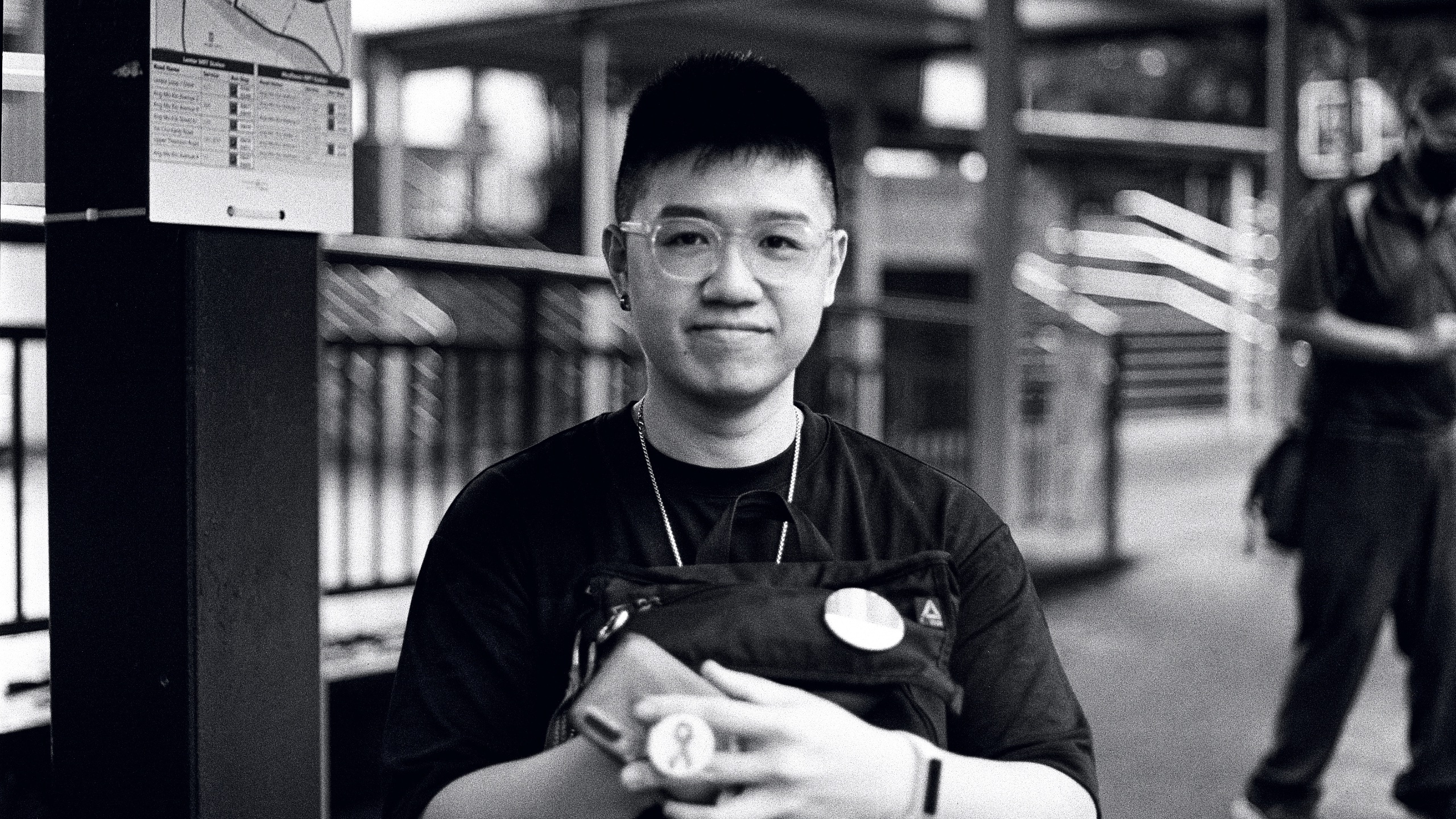
 (@cityjayzee)
(@cityjayzee)

